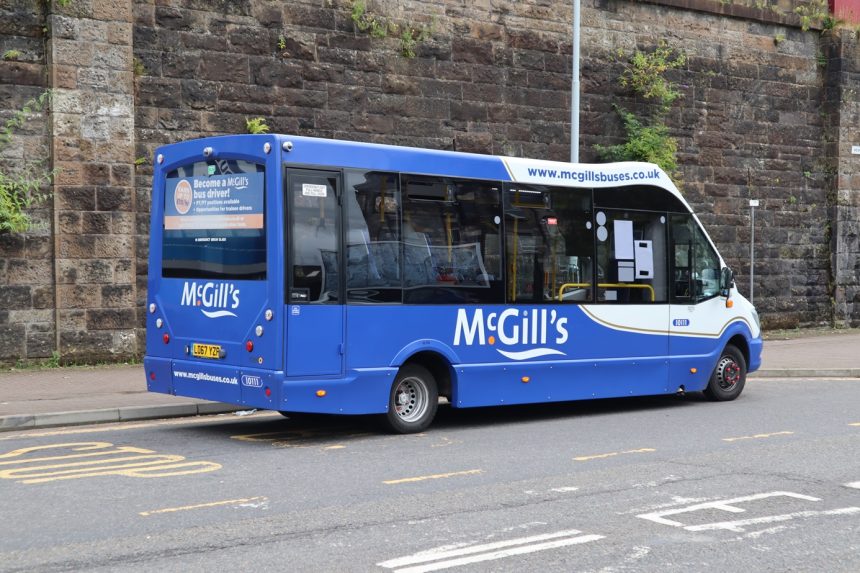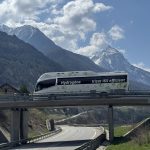Policy work is needed to tackle uncertainty around the decarbonisation pathway for minibus fleets, a prominent figure in that field has urged.
Woodall Nicholson Group CEO John Randerson was speaking before debut of the second-generation Mellor Strata minibus. Mellor and fellow small bus manufacturer Treka Bus are part of the group and Mr Randerson says that use of diesel minibuses where appropriate is an important early part of decarbonisation.
“Diesel and zero-emission small buses are relevant to decarbonisation because they use less energy than larger models,” he continues. However, the current extensive focus on moving bigger buses to electric may lead to the benefits that use of smaller vehicles such as the Strata can bring in that respect being overlooked, Mr Randerson believes.
He points to Transport for Greater Manchester as how potential has already been identified. Its Bee Network franchised operations include some Mellor Strata products and a handful of Orions on low-demand services.
The Woodall Nicholson chief also cites rural routes with modest patronage levels as being particularly difficult for zero-emission. Those are often tendered and the financial challenge of switching to electric will be significant.
In an indication of how firm minibus decarbonisation policy is missing, another supplier recently highlighted how some zero-emission vans are eligible for an up to £5,000 grant but when those vehicles are purchased as minibuses, they are not.
“We want the government to give close thought to how the small bus move to zero-emission will occur,” continues Mr Randerson. “It is a topic that needs to be dealt with.”



























